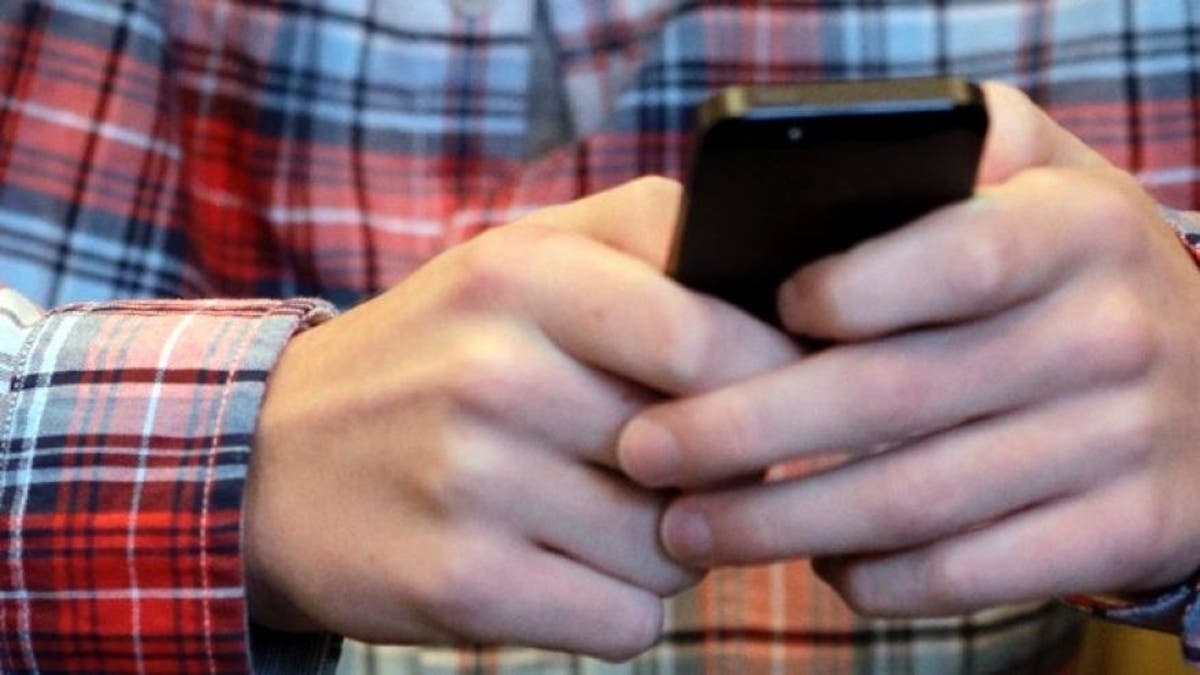
(iStock)
Online therapy for insomnia may help people who also have depression manage symptoms of the mood disorder, an Australian study suggests.
Researchers randomly assigned 1,149 participants to use either an online cognitive behavioral therapy program for insomnia or to follow an interactive health program that wasn't designed to treat the sleep disorder.
With online therapy, people reported significantly lower depression symptoms at the end of the six-week program and after six months of follow up than their peers in the control group who didn't get online therapy, the study found.
"Most people undertaking the program found benefits to their mental health," said lead study author Helen Christensen, director and chief scientist at the Black Dog Institute and the University of New South Wales in Australia, in email to Reuters Health.
The program, called SHUTi, is available online. The cost starts at $135 for 16 weeks, which includes six online 45 minute sessions and another 10 weeks of access to self-help and review materials. The program is fully automated, with no human support.
While cognitive behavior therapy and treatments that address insomnia have both been effective against depression in previous research, the current study focuses on whether web-based interventions to improve sleep might also lead to a better mood, researchers note in the journal Lancet Psychiatry, online January 27.
For the Internet experiment, Christensen and colleagues excluded people who might not be able to get regular sleep every night like pregnant women and shift workers. They also left out people without reliable web access, and individuals diagnosed with psychosis, schizophrenia or bipolar disorder.
Roughly half of the participants completed the six-week online programs, with significantly more dropouts from the cognitive behavior therapy group than the control group.
People in both groups had reductions in depression symptoms at six weeks and at six months, the study found. But with online therapy, average depression scores dropped enough for participants to be considered depression free, while the other group had average scores that indicated they still had mild depression.
At six weeks, 71 percent of the people who got online therapy had no depression, compared with 42 percent of participants in the control group.
By six months, 73 percent of individuals who had online therapy had no depression, compared with 52 percent of people in the other group.
There were no differences between groups in the proportion of people who developed major depression during the study period.
At six weeks, 8 percent of people with therapy had moderately severe depression, compared with 6 percent in the control group. At six months, 3 percent of people who had therapy had this level of depression, compared with 4 percent for the others.
In addition to the large numbers of participants who didn't finish the study, other limitations include the lack of data on previous depression diagnoses, which might mean some participants had first-time depression and others were seeking treatment for ongoing mental health difficulties, the authors note.
Few participants were taking medication for depression, which also might influence how symptoms changed over time, the researchers point out.
Even so, the findings suggest that online therapy might provide a good treatment option for some people who need help managing depression, Ricardo Munoz, director of the Institute for International Internet Interventions for Health at Palo Alto University in California, wrote in an editorial accompanying the study.
"What we can say about its being delivered online is that more people were able to benefit from it, because they were not forced to come to a clinic to receive the intervention," Munoz said by email. "This is one of the great innovations and advantages of Internet interventions."
The study was funded by The Australian National Health and Medical Research Council. Two of the study's 10 authors have financial relationships with BeHealth Solutions, the company that sells SHUTi.







































